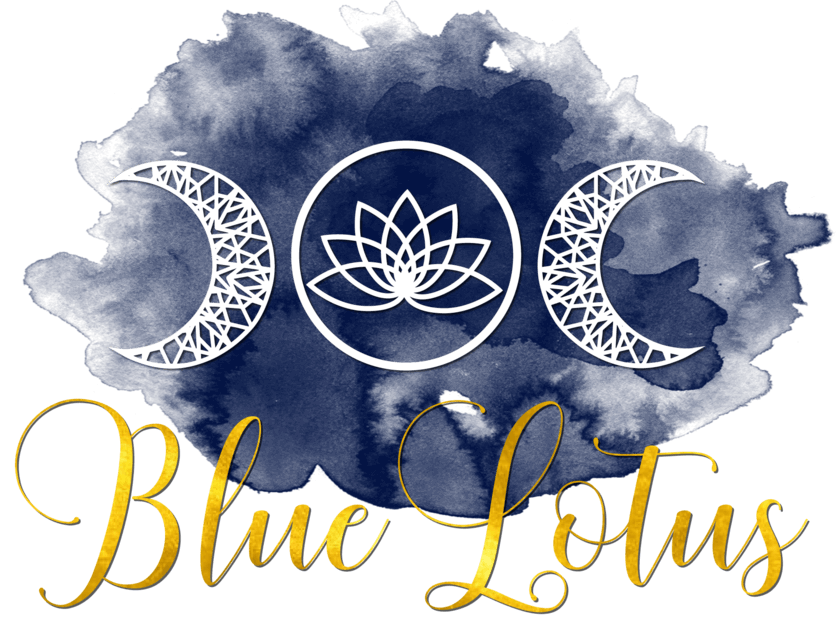By Jill Amison
•
January 13, 2025
Navigating Conflict and Creating Boundaries on the Spiritual Path Conflict is an uncomfortable yet inevitable part of life. As someone deeply immersed in the practice of yoga and spiritual growth, I’ve often found myself wrestling with how to navigate disagreements, especially of late, while staying true to my values. Yoga teaches us to ride the highs and lows of life with grace, but that doesn’t mean we always get it right. For me, conflict has been a difficult terrain to navigate, but over the years, I’ve learned to stand up for myself with right action—an approach deeply rooted in both Buddhist philosophy and the teachings of the Bhagavad Gita. Sitting with the Feeling Before Reacting One of the most valuable lessons I’ve learned is the importance of sitting with my emotions before reacting. The Buddhist principle of mindfulness encourages us to observe our thoughts and feelings without immediately acting on them. In the Bhagavad Gita, Arjuna is faced with an internal struggle about going into battle. Krishna advises him not to avoid the conflict but to engage in it with wisdom and righteousness. Similarly, I’ve realised that avoidance doesn’t resolve conflict; rather, thoughtful engagement does. There have been times when I’ve failed at this—when I’ve reacted instead of responding with intention. But with practice, I’ve learned to pause, breathe, and compose my words with clarity and without hostility. This is not always easy, especially when emotions run high, but it is essential for maintaining inner peace while asserting healthy boundaries. Boundaries: The Bridge Between Compassion and Self-Respect Brené Brown, in Atlas of the Heart, speaks about boundaries as an essential component of healthy relationships. She reminds us that we can agree to disagree, but boundaries help define what is and isn’t acceptable in our interactions. For instance: It’s okay that we have different beliefs, but it’s not okay to belittle mine. It’s okay that we are upset, but it’s not okay to yell or swear at each other. It’s okay to set limits, but it’s not okay to disregard or disrespect them. Boundaries are not about controlling others; they are about protecting our own well-being while still allowing space for connection. They help us navigate relationships with integrity, ensuring that we can hold space for differing perspectives without compromising our values. Healthy Ways to Navigate Conflict on the Spiritual Path So how do we engage in conflict in a way that aligns with our spiritual practice? Here are a few approaches I’ve found helpful: Pause Before Responding – Take a breath, feel the emotions, and respond with intention rather than impulse. Practice Non-Violent Communication – Express needs and concerns without blame or aggression. Hold Compassion for Yourself and Others – Recognize that everyone is navigating their own struggles, and approach conflict with an open heart. Stand Firm in Your Truth – Speak your truth with clarity and confidence, knowing that setting boundaries is an act of self-respect. Accept Disagreements Without Forcing Resolution – Some conflicts may not have a perfect resolution, and that’s okay. Agreeing to disagree while maintaining respect is sometimes the best outcome. Know When to Walk Away – If the other person is unable or unwilling to communicate without crossing your boundaries, it may be necessary to disengage. Protecting your peace is just as important as standing your ground. This could mean ending the conversation, limiting contact, or, in extreme cases, removing yourself from the relationship altogether. Choosing to walk away is not a sign of weakness; it is a testament to your self-respect and emotional well-being. Navigating conflict is not about winning or proving a point; it’s about showing up authentically while maintaining inner peace. It’s about finding the balance between openness and self-protection. It’s a practice—one that, like yoga, requires patience, awareness, and a willingness to grow. As I continue on this journey, I remind myself that I won’t always get it right. But I can keep practicing, keep learning, and keep striving to meet conflict with wisdom and compassion. After all, the goal is not perfection but presence.













